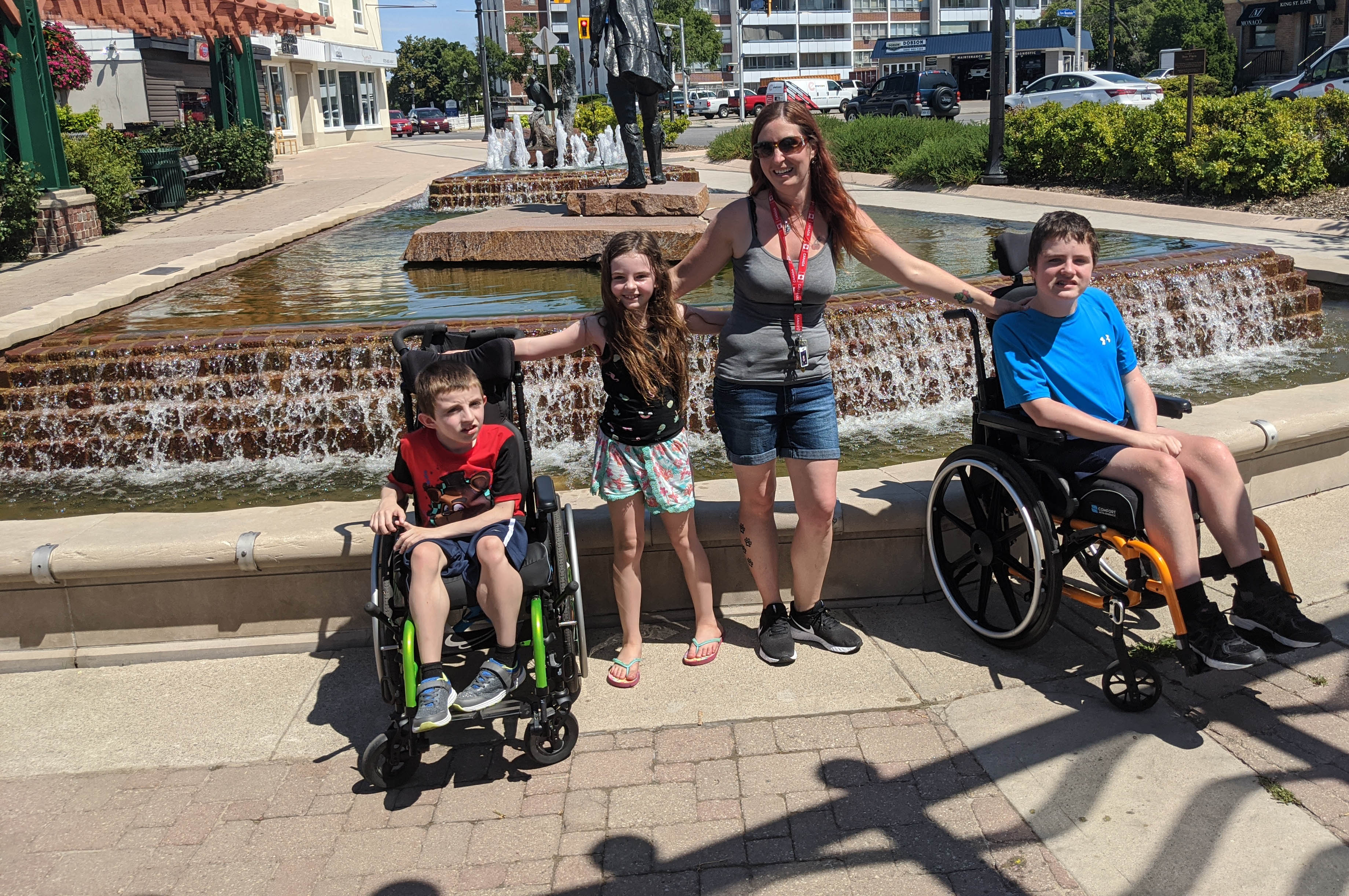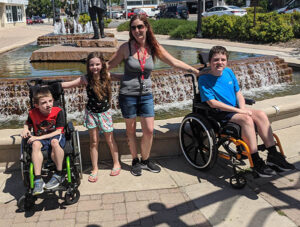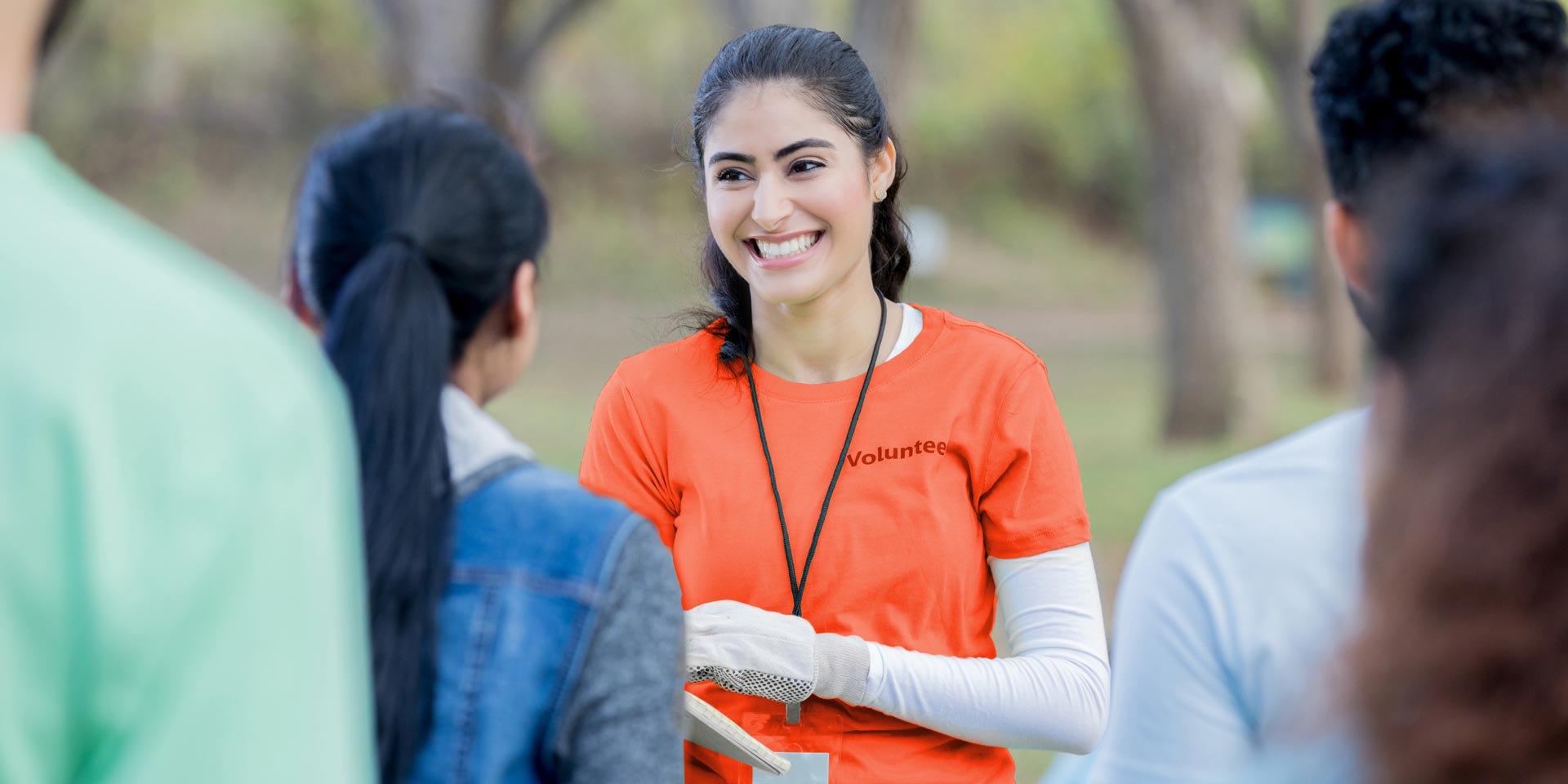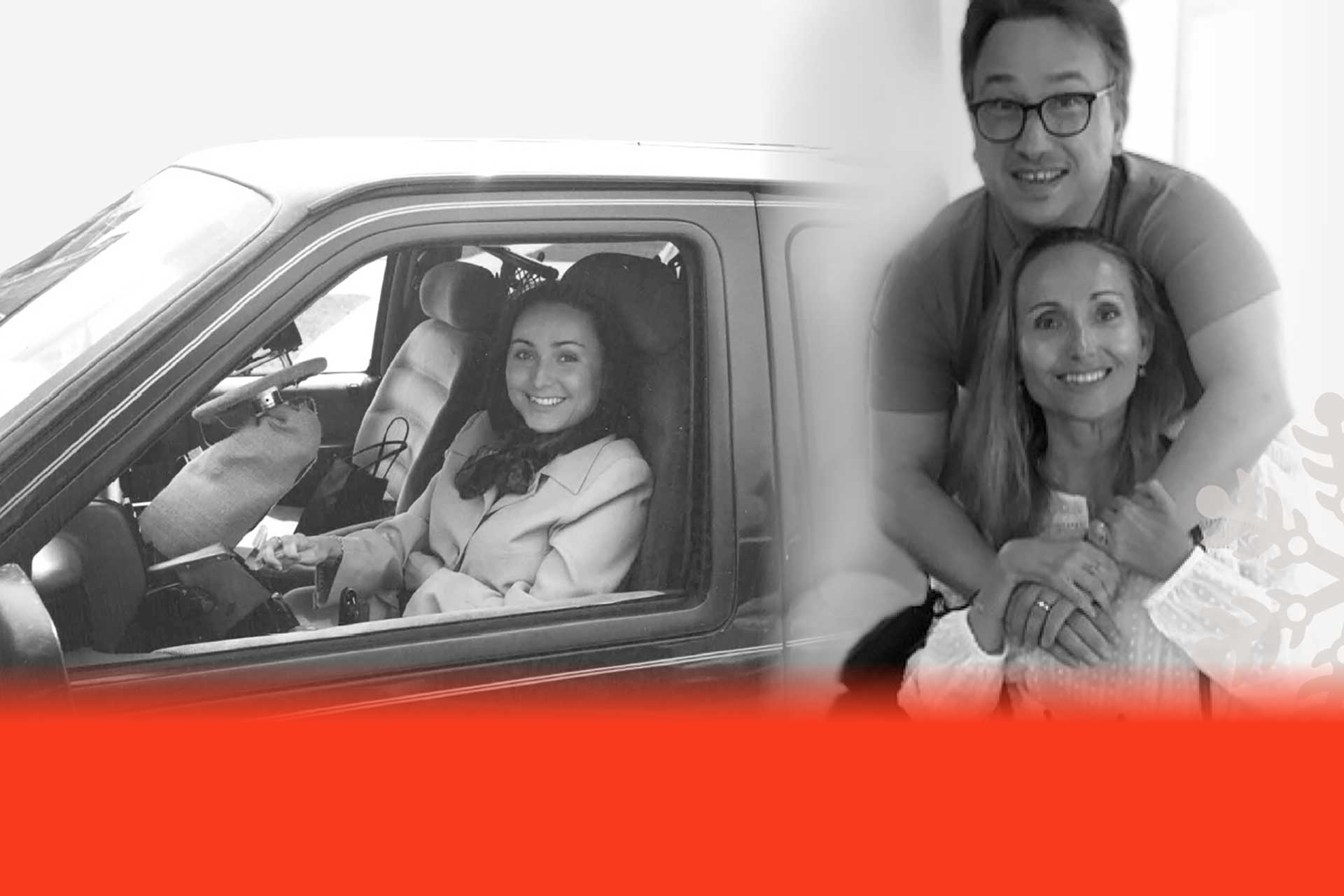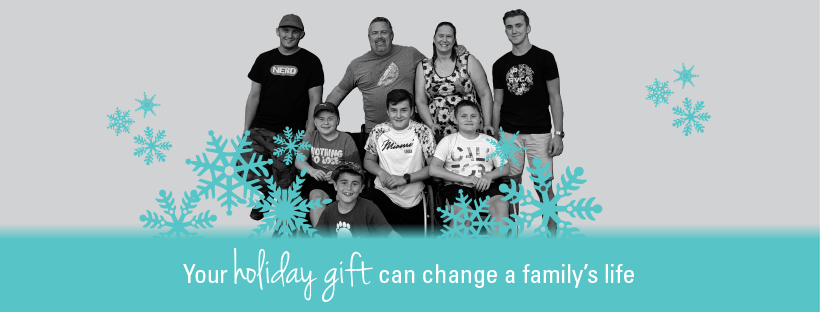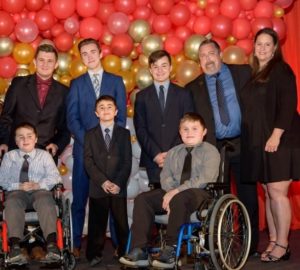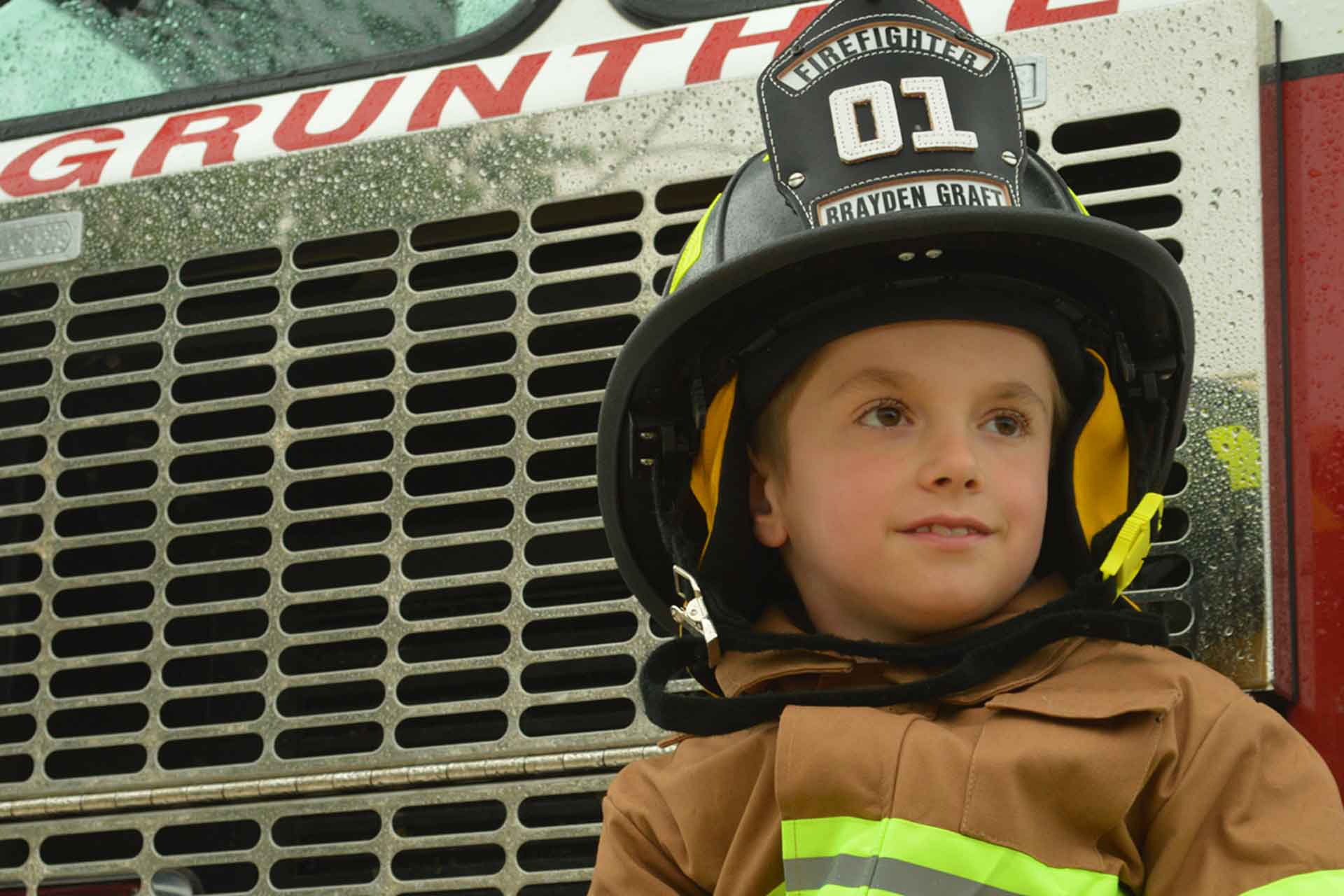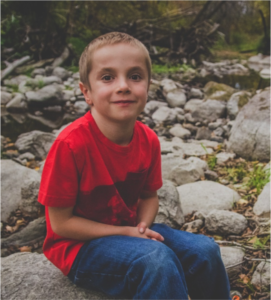For the upcoming #RareDiseaseDay, we asked clients “What do you wish you knew about [your neuromuscular disorder] when you were first diagnosed and how did you advocate for yourself along your neuromuscular journey?”
Dystrophinopathy | Kiana Bergen
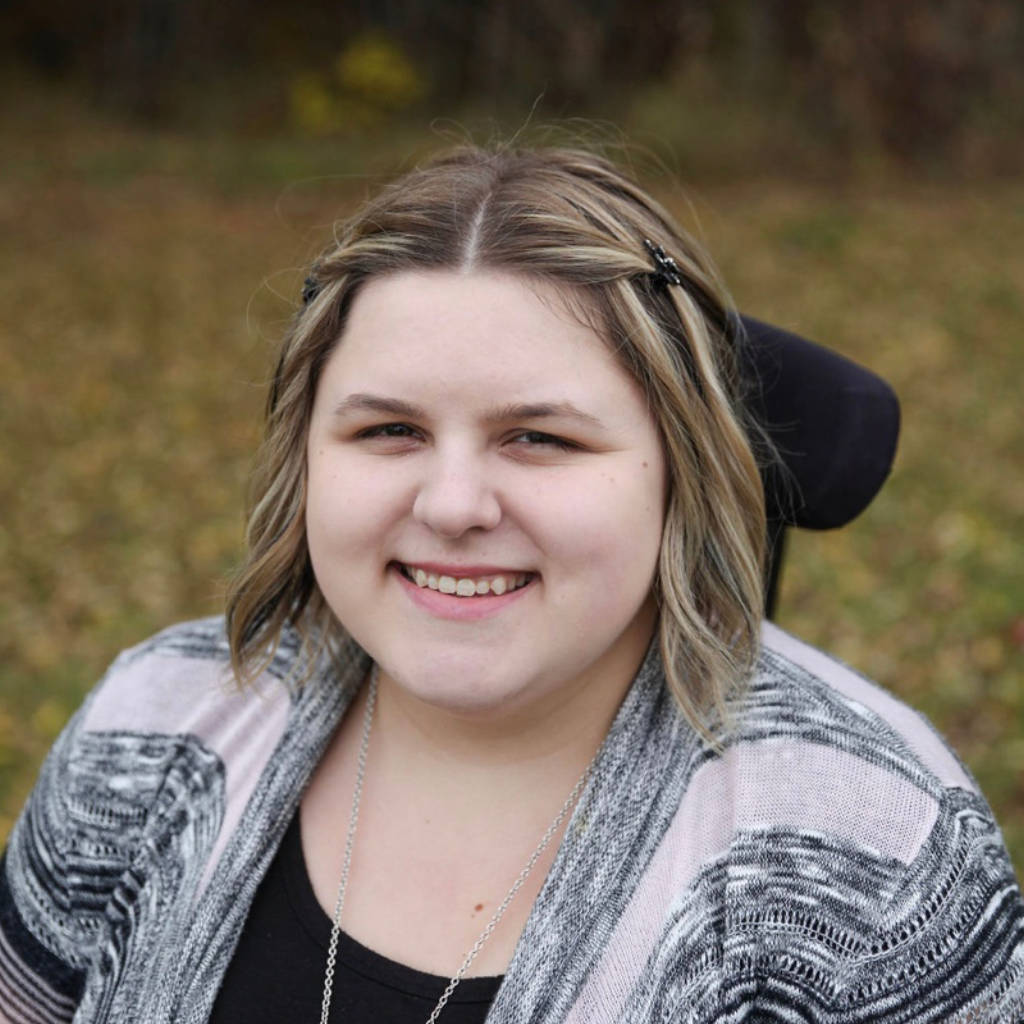
Kiana Bergen shares, “One of the things I wish I’d known about Duchenne muscular dystrophy and related dystrophinopathies is this: as a child you have many doctors meeting with you but once you turn 18, you fall into a pit where you aren’t sure what to do or where to go. I also think it is important for those who are female carriers to check their heart – I started heart medication at age 15.
I am blessed with a family who supports me and stands up for me, especially my mom. She has also encouraged and inspired me to be an advocate for myself. It is definitely not easy, but it is worth it. It is important to focus on the why – because not everyone will understand what you’re going through and what you need. For rare conditions, like Duchenne and Becker muscular dystrophy, where there is little known by the public, there is limited information on the impacts on females. We need to share, raise awareness and not be afraid to ask for help.”
About Dystrophinopathies: Dystrophinopathies are a group of progressive neuromuscular disorders that are caused by spelling changes in the dystrophin gene. This gene is on the X chromosome; therefore, primarily males are impacted by dystrophinopathies, but female carriers can also exhibit symptoms. The more severe form is called Duchenne muscular dystrophy and the relatively milder form Becker muscular dystrophy. Symptoms may include frequent falls, difficulty getting up, enlarged calf muscles, cardiac complications, and trouble breathing as the disease progresses.
Friedreich’s Ataxia (FA) | Ethan and Kyle Valiquette
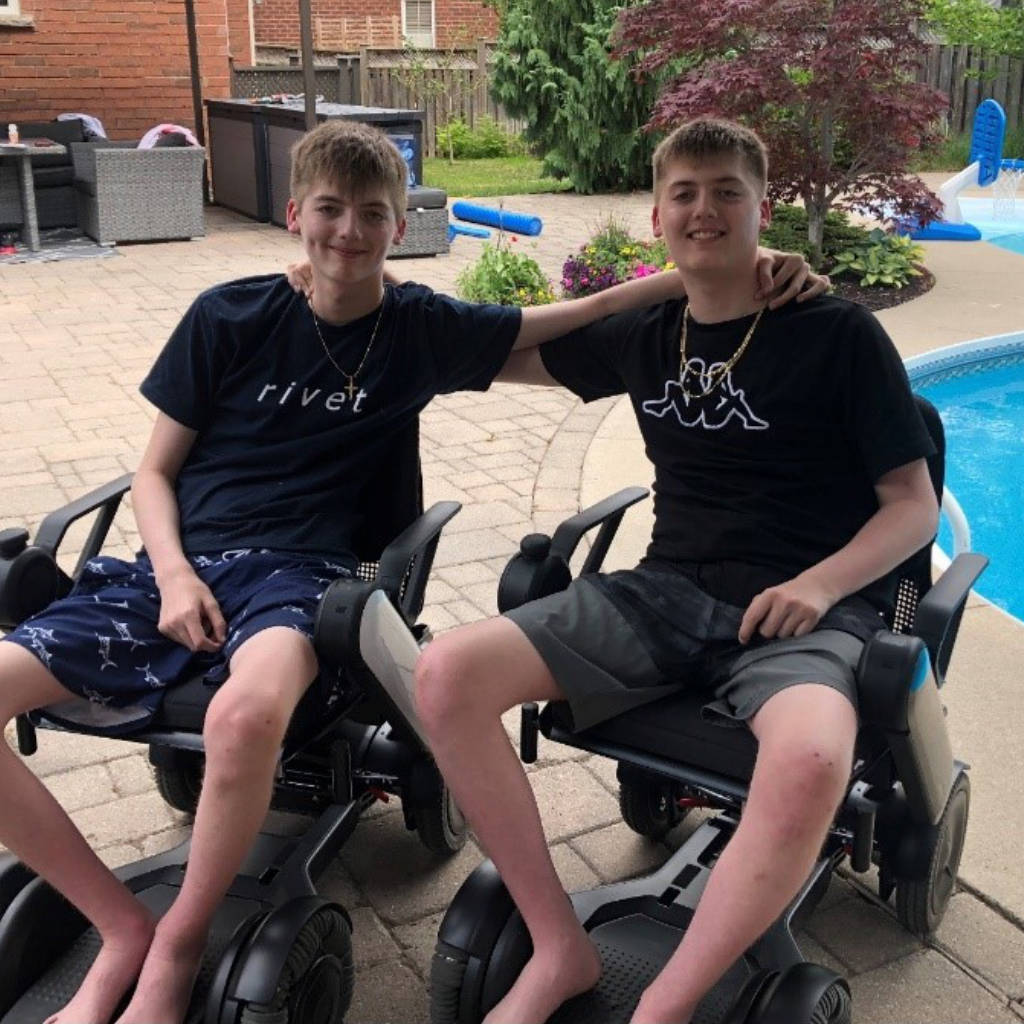
Ethan and Kyle Valliquette shared their experience.
Ethan and Kyle: “Friedreich’s Ataxia (FA) is degenerative and hits everyone differently. We wish we both knew how quickly we would lose our mobility. In the last two years, we went from walking to full time in a wheelchair.”
Ethan: “I was a double black diamond Snowboarder.”
Kyle: “And I was a wizard on the Ripstick and pretty good at drawing.”
Ethan and Kyle: “Had we known we would lose our coordination so fast we would have spent so much more time following our hobbies. Our friends helped us advocate, they were understanding and were always there for us. Our friends stuck with us through our loss of mobility. Now we encourage those friends to do what they are passionate about and make sure they follow through. FA may be rare, but it doesn’t have to be rare to have friends and support!”
About Friedreich ataxia (FA): FA is a genetic, progressive neuromuscular disorder that impacts the body’s nerves and symptoms typically start to show in childhood or adolescence Symptoms may include progressive difficulty in walking and poor balance (ataxia) along with impacts on swallowing, speaking and vision.
Undefined rare neuromuscular disorder | Dayle Sheehan
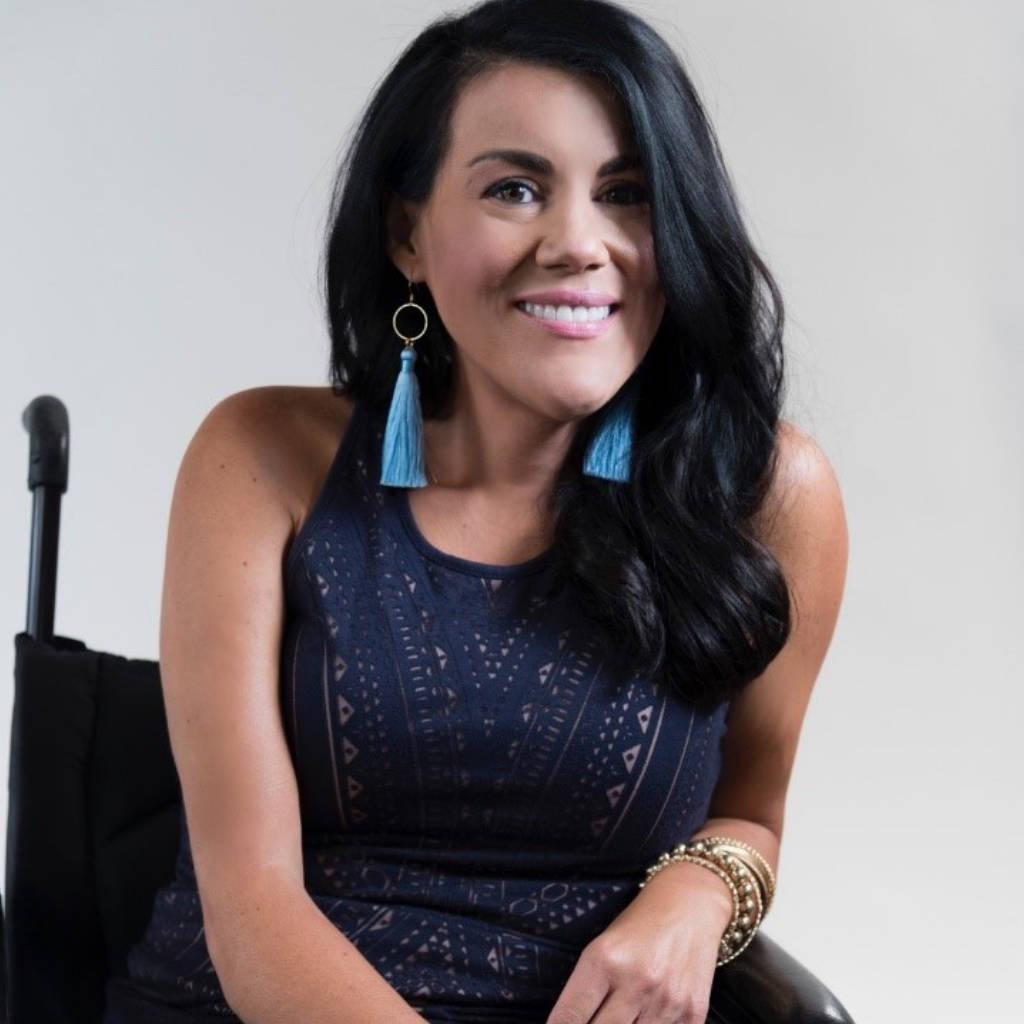
Dayle Sheehan shared, “I wish I had known what a full and beautiful life was ahead of me! I am blessed to have parents that advocated for me and taught me to do the same for myself. Today, I am grateful for the people who helped me live my best life: their support and love has allowed me to chase my dreams and to say ‘YES’ to many amazing opportunities.”
About Neuromuscular disorders (NMDs): NMDs can be hereditary or immune-mediated conditions where the primary effect is on the muscles, the neuromuscular junction, and/or peripheral nerves. There are many rare types of hereditary neuromuscular diseases for which the gene causing the disease has not been found, but it may be discovered in the future and often, individuals can go years without receiving a specific diagnosis. This proves the need for well-funded research to discover causes for neuromuscular disorders and to learn more about the ones we do know about so that Canadians can get a specific diagnosis and gain access to high-quality care and disease-modifying treatments.
Genetic Myopathy; myofibrillar myopathy | Felicia Assenza (@feliciaassenzand)
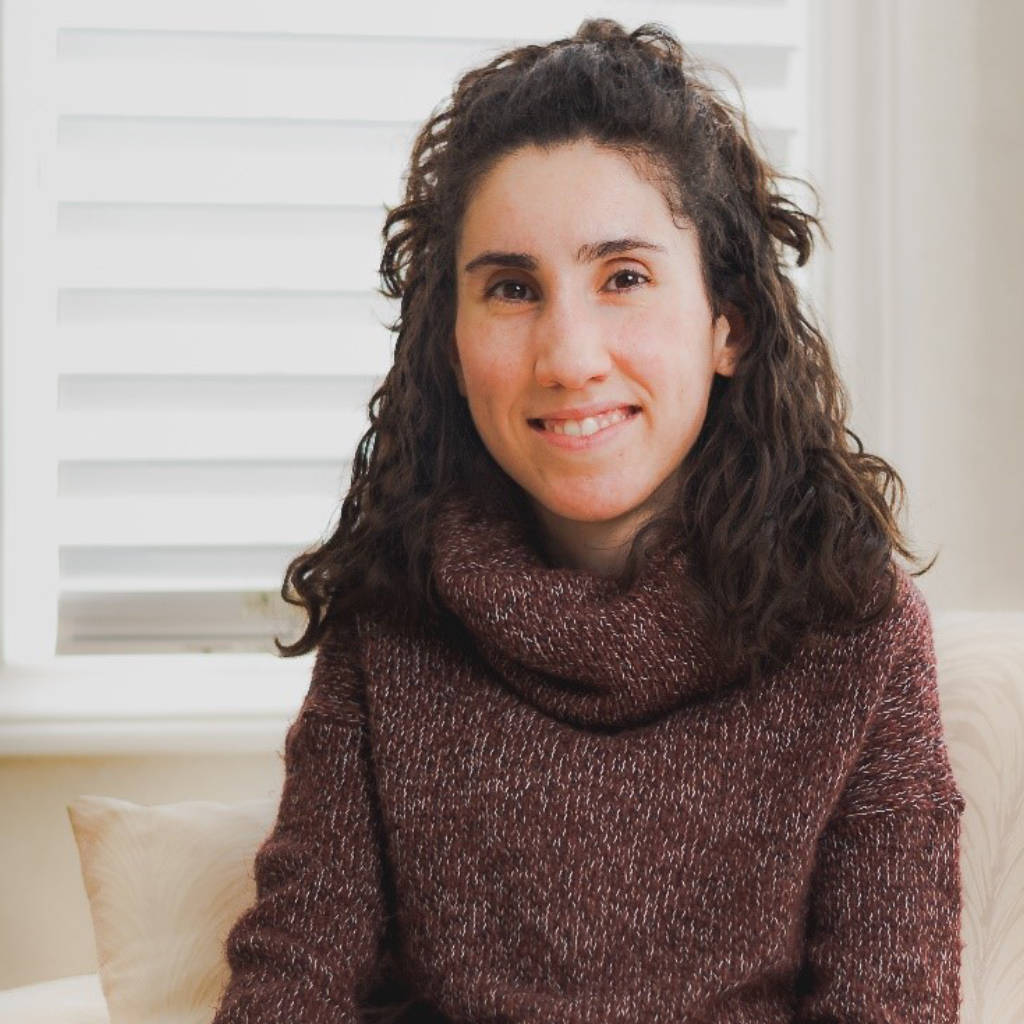
Felicia Assenza shared, “I wish I knew that I did not need to be fixed. I wish I knew that I was whole and amazing just the way I am, and to appreciate all of the lessons and growth along my neuromuscular journey. I advocate by doing my best to accept and love myself as I am, embrace the lessons, and encourage others to embrace themselves and their journeys too.”
About Myofibrillar myopathies: Myofibrillar myopathies are a group of neuromuscular disorders that affect various genes responsible for the health of muscle. They belong to the umbrella of genetic myopathies such as nemaline and congenital myopathy. Age of onset varies greatly depending on the exact gene that is impacted, but common symptoms may include muscle weakness including the heart, muscle stiffness and decreased muscle mass.
Facioscapulohumeral muscular dystrophy (FSHD) | Emily Caouette
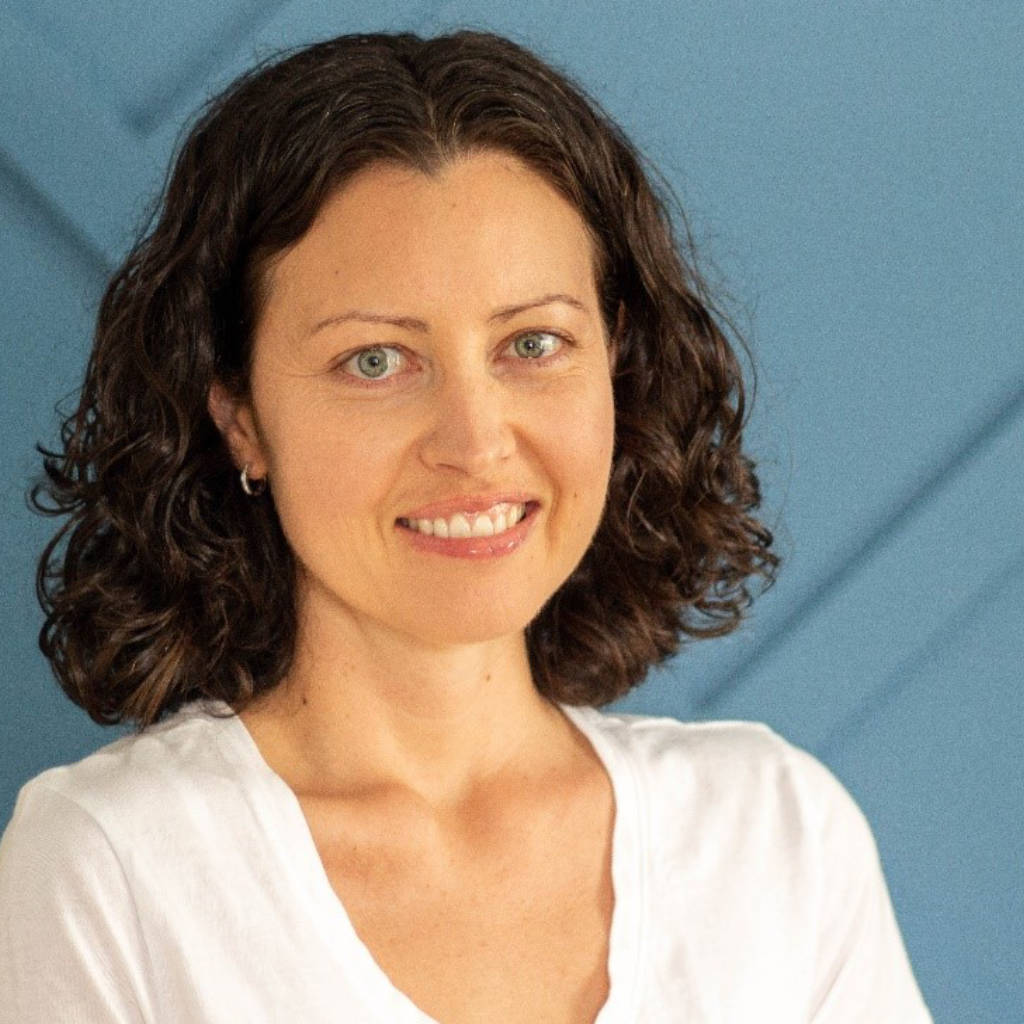
Emily Caouette shared, “I wish I knew that diagnosis of Facioscapulohumeral muscular dystrophy FSHD does not mean a poor prognosis. There will always be daily struggles, but I learned through the patient community and extensive research that diet, exercise, environmental factors, and mental health play a very important role in managing symptoms and progression. I found a sense of purpose in advocating, by sharing my knowledge and experiences in support groups and establishing a peer support group on nutrition and supplementation.”
About Facioscapulohumeral muscular dystrophy (FSHD): FSHD is a neuromuscular disorder in which the muscles of the face, shoulder blades, and upper arms are among the most affected. The most probable cause of FSHD is a genetic change (mutation) that leads to inappropriate expression of the double homeobox protein 4 gene (DUX4) on chromosome 4. FSHD may present at any age and increase over time, but for the majority symptoms usually begin before age 20. Symptoms can include facial weakness, difficulties raising arms, forearm and abdominal weakness.
Charcot-Marie-Tooth (CMT) Disease | Victoria and Brittni Hudson
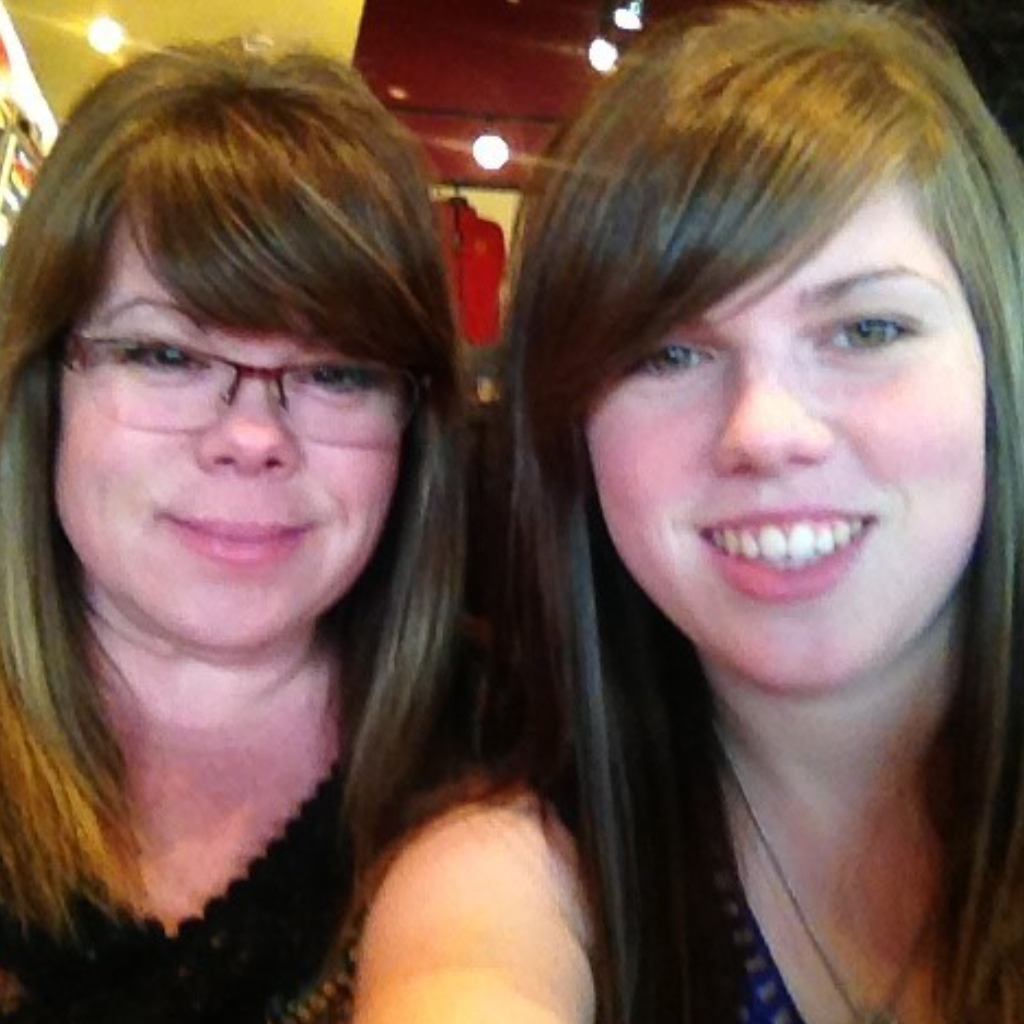
Victoria Hudson shared, “I wish I had known that my future did not rest on receiving a diagnosis of CMT, but on how I responded to that diagnosis. It is about learning to accept it and find a way to get on with the business of living with it. Both my daughter Brittni and I have CMT type 1A . Our doctor is not familiar with this and has not provided any information so I have advocated on both our behalf by seeking people that are aware of this condition. Through online webinars and other resources, I have tried to research as much about this as I can in order to find ways to improve the quality of our lives.”
About Charcot-Marie-Tooth (CMT): CMT is also called Hereditary Motor and Sensory Neuropathy (and historically peroneal muscular atrophy). There are a number of sub-types of CMT which are caused by changes in the genes that are responsible for creating and maintaining the myelin (insulating sheath around many nerves, increasing conductivity) and axonal structures. Symptoms of CMT include weakness or paralysis in feet and hands. This weakness can lead to toe-walking, foot drop, and frequent tripping, as well as impacted ability to feel heat, cold and touch.
Kennedy’s disease | Raymond Ricard
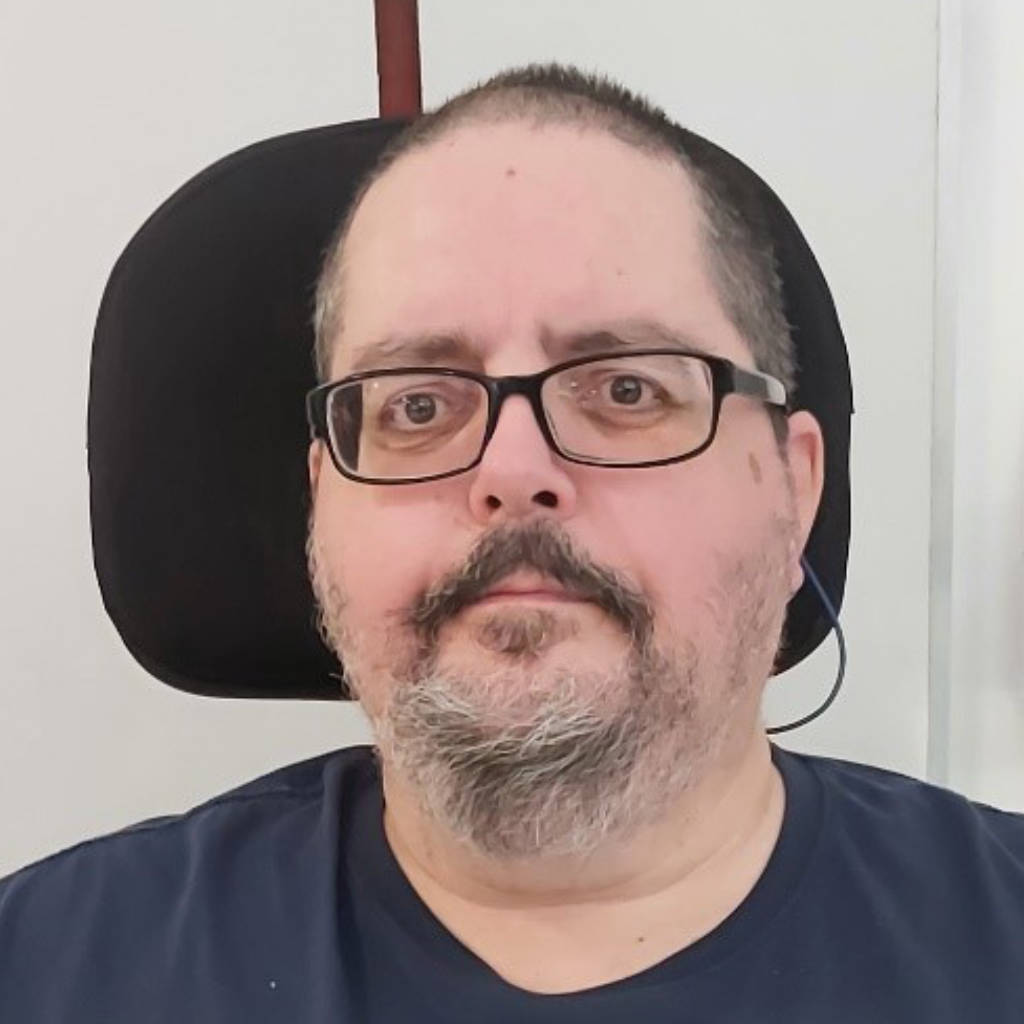
Raymond Ricard shared, “One of the main things I wished I knew about Kennedy’s Disease was the time: when would it start, how it would progress and how much I would digress over the years. Advocating for myself has been a bit hard. The only thing I could do was tell my employer what I had. It was taking a chance, but I was working with adults with disabilities and felt it was important to disclose.”
Kennedy’s disease: Kennedy’s disease is a neuromuscular disorder and is one form of X-linked bulbospinal muscular atrophy (BSMA or SMAX1). Kennedy’s disease typically impacts males between ages 30-60. Symptoms of BSMA may include muscle weakness, muscle cramps, fatigue, tremors and as the disorder progresses, other muscles can also be impacted such as those needed for speech, chewing and breathing.
Oculopharyngeal Muscular Dystrophy (OPMD) | Louis-Michel Guay
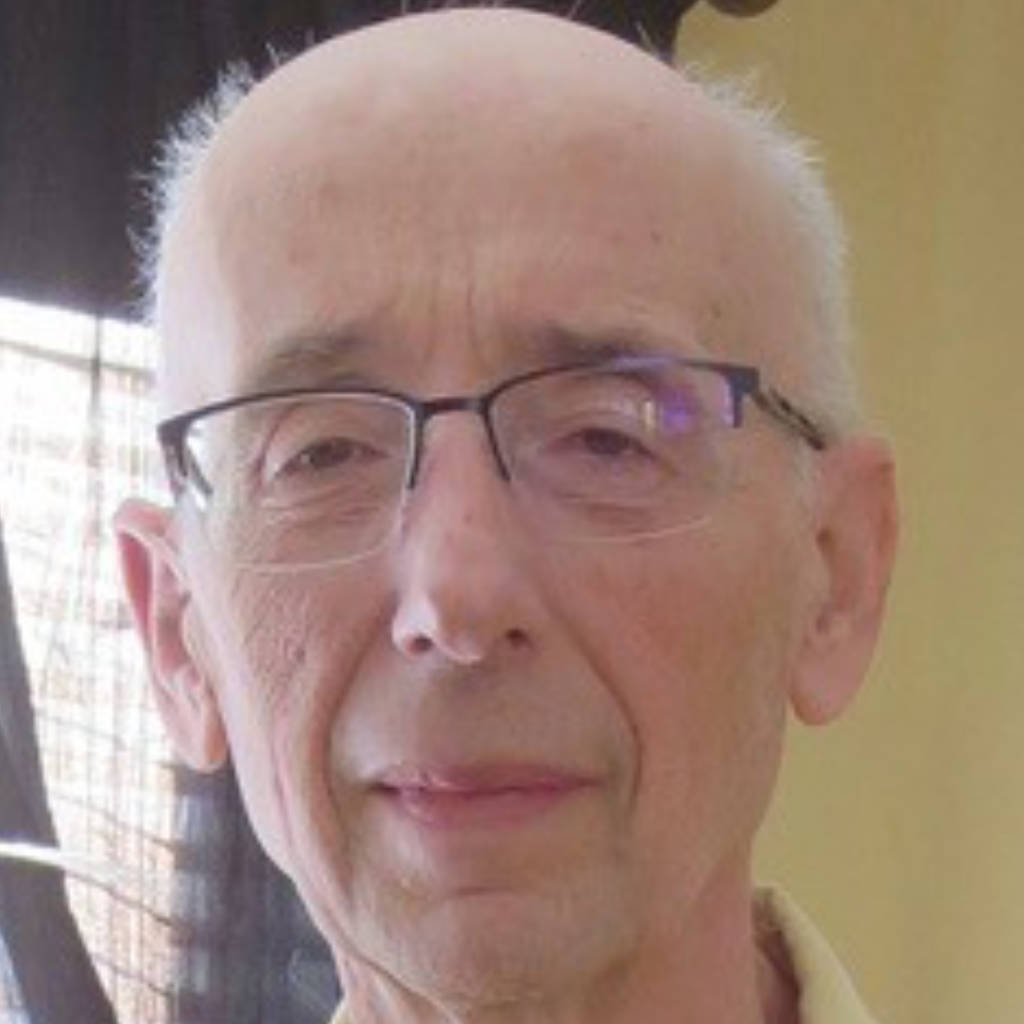
Louis-Michel Guay shared, “What I wish I had known about OPMD was that the speed of progression could be very different from one individual to another, even within the same family. Although my mother inherited a very slow form of the disease, I inherited a very fast form of the disease.
In terms of advocacy, when I contacted the neurology department at the Enfant-Jésus Hospital to request an early administration of the second dose of the COVID-19 vaccine, I was told without hesitation that I was not eligible. I then filed a complaint with the Complaints Commissioner of the Ministry of Health and Social Services and was also told that I was not eligible for advance delivery of my second dose. I did not get discouraged and filed a new complaint with the Québec Ombudsman, which I won. This is proof that you should never give up. It is very important to understand that I obtained an individual victory that did not benefit all those affected by OPMD in Quebec. Our next challenge will be to find a way to share information between those impacted, so that everyone can benefit from individual gains and discoveries.”
About Occulopharyngeal Muscular Dystrophy (OPMD): OPMD is a dominant genetic condition, which means that it can be inherited from either parent, and can impact men and women equally. It is caused by a genetic change in the PABPN1 gene, which leads to the production of a non-functional protein that forms clumps in the muscle cells. Symptoms typically present after 40 years of age and include muscle weakness around the upper eyelid, difficulty swallowing and muscle weakness in the limbs. OPMD is more common in the French-Canadian population in the province of Quebec.
Fran Cosper | Guillain Barré Syndrome
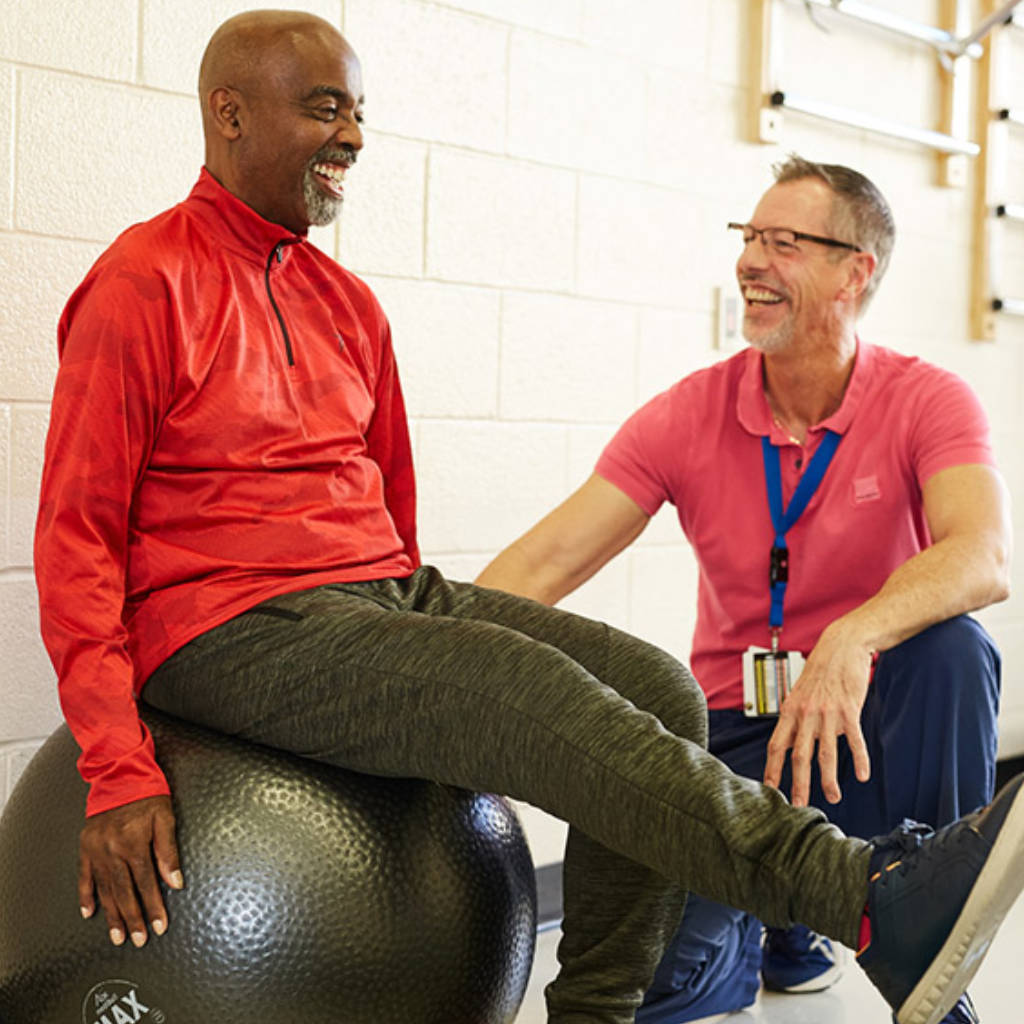
Fran Cosper shared, “I wish I knew that no matter how bad the situation can be, not to give up hope. Also, be positive – I often thought about what I did to cause GBS, but I’m not sure there is anything I could have done to avoid it as GBS is autoimmune in nature.
It is important to advocate for yourself – there were two individual instances when we called the doctors and told them our displeasure at how my family was told I would not walk again and how my wheelchair was being handled. It was important to use my voice and to be knowledgeable and stay in the loop on my care and rehabilitation. My wife and I, at every stage, made sure we understood what the process was and what we had to do. We took notes on everything. If it does not feel right, it is important to seek more information, get a better understanding and work to make it right.”
About Guillain-Barré syndrome (GBS): GBS is an autoimmune disorder that causes the immune system to attack the peripheral nerves, damaging the myelin sheath, which is the nerves’ protective covering. The age for which symptoms begin can vary widely depending on the individual but they are often quite sudden and unexpected. Symptoms of GBS may include muscle weakness, difficulty with vision and swallowing, and tingling in the extremities depending on the amount of nerve damage present.
Lindsay Williamson | Spinal Muscular Atrophy
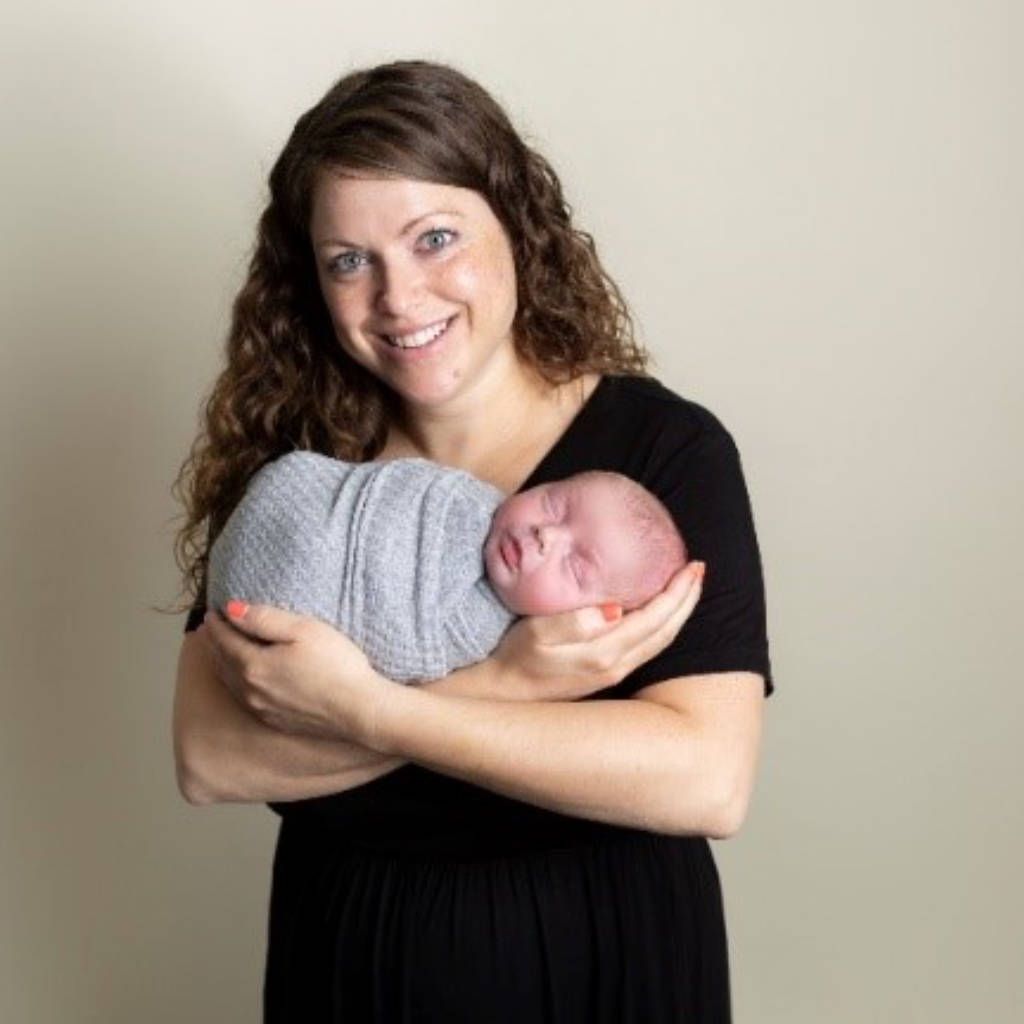
Lindsay Williamson, mother of Mason shared, “When Mason was first diagnosed with Spinal muscular atrophy (SMA) at one month of age, I wish I knew just how far treatment has come and how much hope there is as a result. Not so long ago, families were told to enjoy the time they have with their child whereas today, we are working on strengthening the muscles Mason does have as we look towards milestones like rolling, sitting, crawling and maybe one day, first steps. We also never anticipated being a part of the most incredible national and global communities that we now can’t picture our life without.
Being a rare disease, our knowledge of SMA at the time of diagnosis was extremely limited, apart from the fact that it was only included in Newborn Screening in Ontario. Having relocated from that province during pregnancy opened my eyes to the existence of postal code healthcare in Canada resulting in feelings of guilt over our naivety that our child would get an equal start wherever they were born in this country. Had we never relocated for work, our son’s disease would have been caught almost immediately and our newborn spared from countless unnecessary tests, using up precious and often over-extended hospital resources. A delayed diagnosis means delayed treatment, and more time for irreversible damage to occur.”
“All of these realizations led us to begin asking questions in order to shine light on areas in need of improvement because although we cannot change our past, we do have the potential to ease the burden for those that follow. While some may call this advocacy, for our family, it helped us find peace in our circumstance and transform coincidence into purpose. Through our efforts to both understand and ascertain the best care for our son, we have also helped expedite access to treatment for another family, participated in a Newborn Screening expansion project, and actively shared our reality and progress with others in order to spread awareness while extending the same hope and support that we felt as new members in the SMA community. Although our journey is still in its infancy, finding both our voice and our village has given us confidence on Mason’s journey to make the most of whatever the future holds for him.”
About Spinal Muscular Atrophy (SMA): SMA is a genetic neuromuscular disorder caused by a shortage of a motor neuron protein called SMN – “survival of motor neuron.” This specific type of nerve cell in the spinal cord called motor neurons controls muscle movement. Without these motor neurons, muscles do not receive nerve signals that make muscles move. Muscles become smaller and weaker, which can affect a person’s ability to walk, speak, eat or breathe. Symptoms typically present in a child’s early years depending on their diagnosis. There are 4 types of SMA that vary based on the age that symptoms start to develop. Symptoms of SMA include progressive muscle weakness in the limbs and respiratory muscles.
Pompe disease | Alexandra Butler
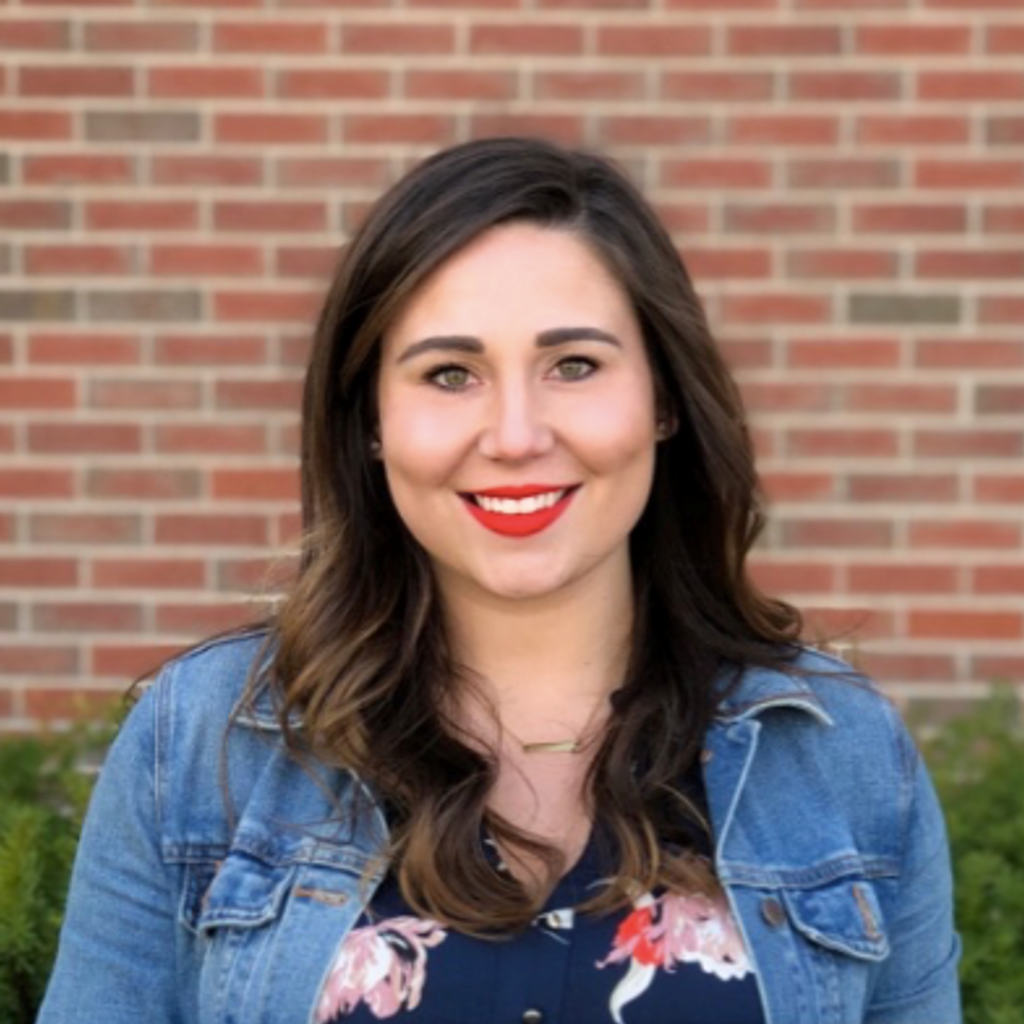
Alexandra Butler shared, “I wish I knew that Pompe can impact each individual so differently and that early intervention is critical. I was extremely fortunate to have so many wonderful people in my corner when I started my journey as a Pompe patient – allowing those people to help guide and assist with advocating along my journey was a blessing. There is power in knowledge and numbers, learn from those diagnosed before you and never hesitate to reach out to those you love!”
About Pompe: Pompe disease is a neuromuscular disorder that belongs to a group of (hereditary) metabolic myopathies. In the case of Pompe, this disorder interfere with the processing of food (carbohydrates) for energy production. It affects mobility, muscle tone, and the respiratory system due to the build-up of glycogen (sugar) in the body. The build-up of glycogen in the body prevents the muscles from functioning well. Depending on the type of Pompe disease, symptoms can begin anywhere from birth to late adulthood and there can be variability in how it presents and progresses between individuals.


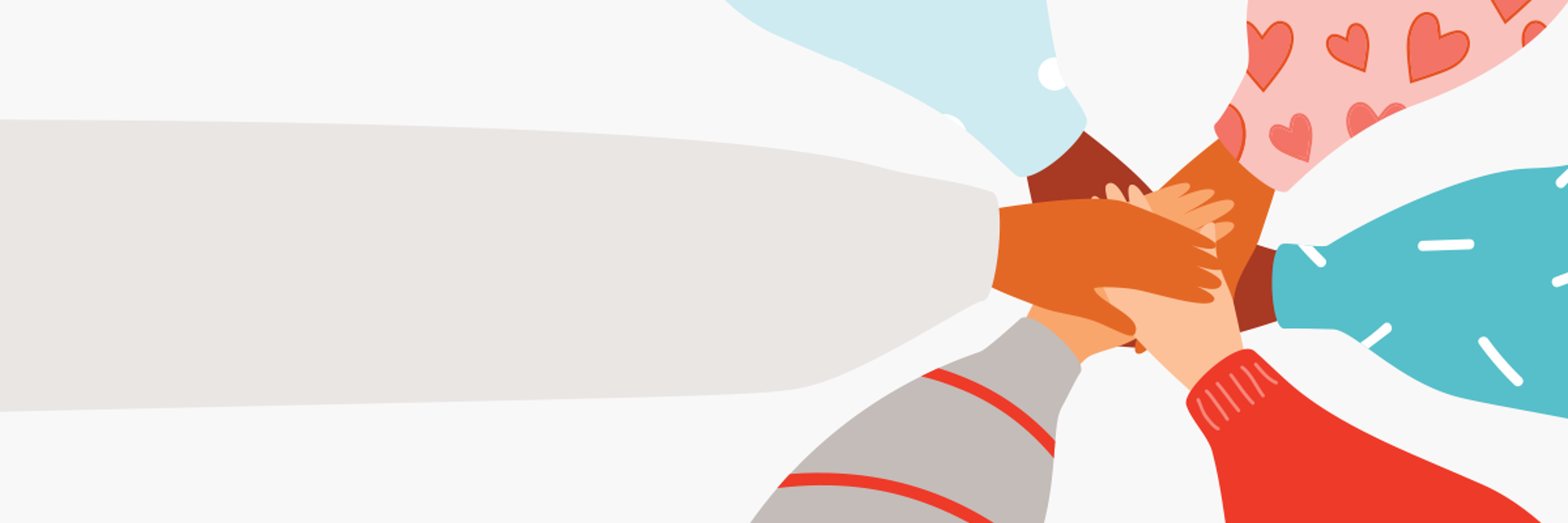
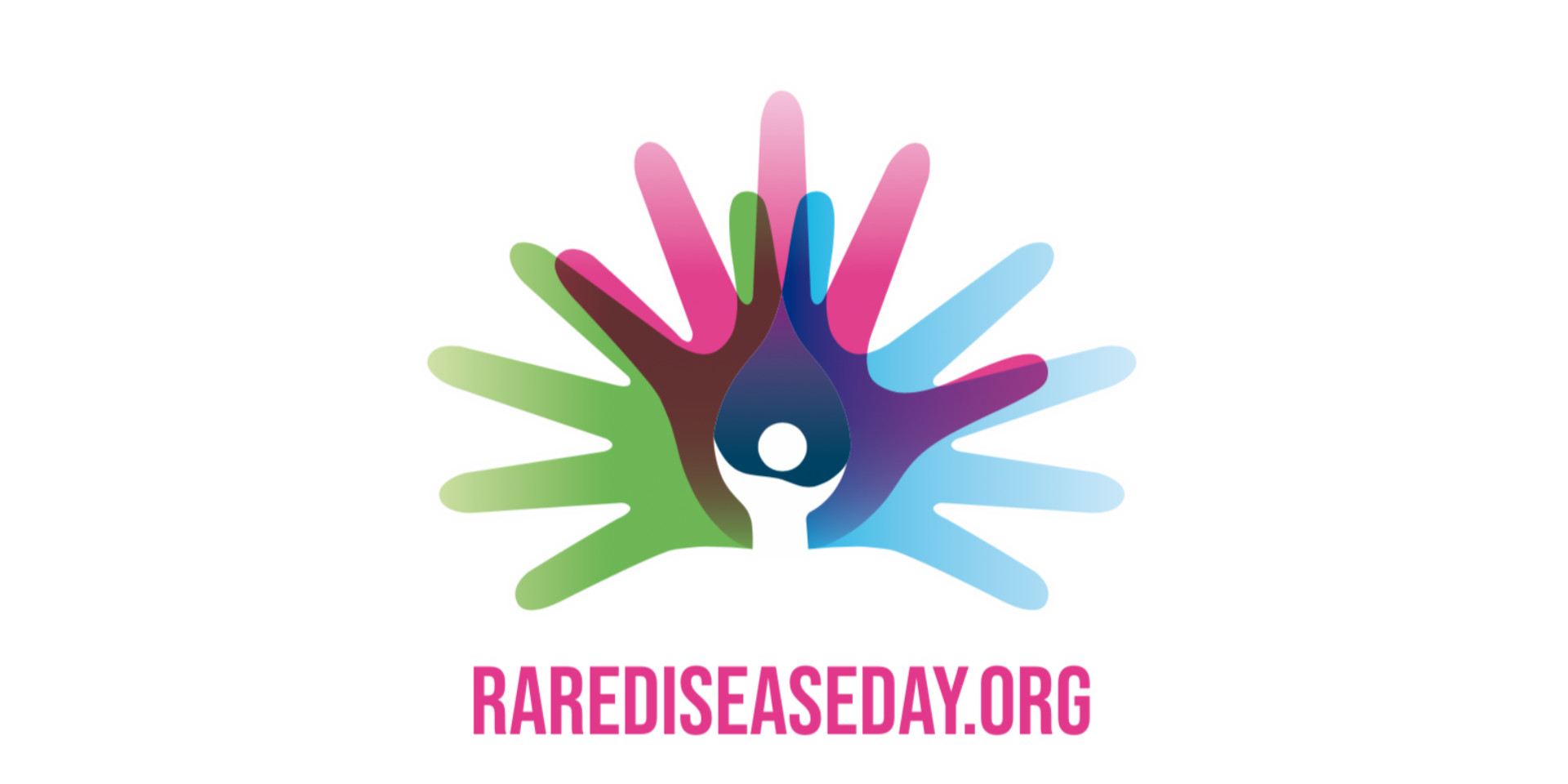











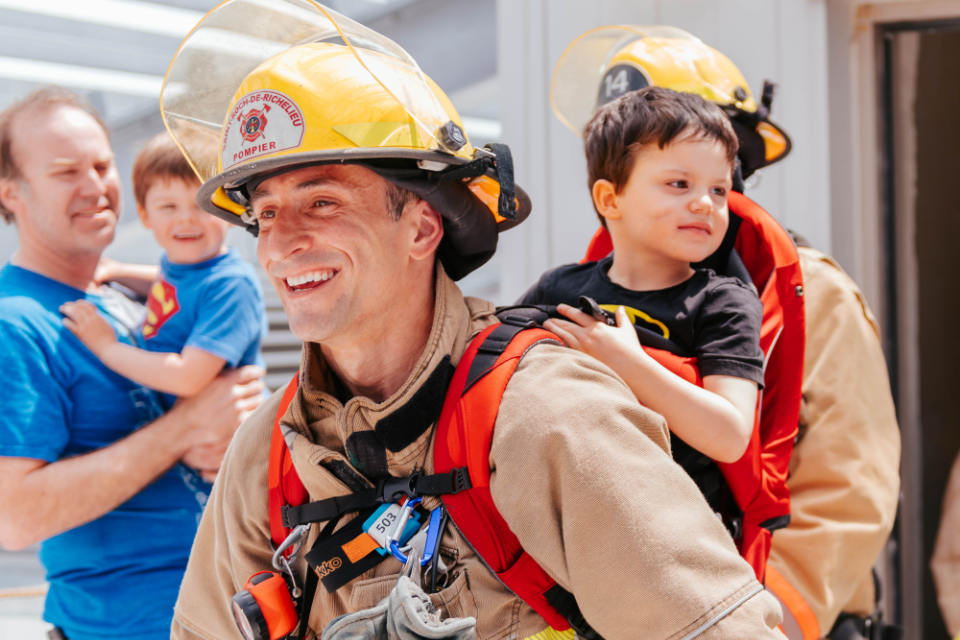
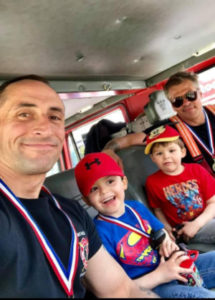
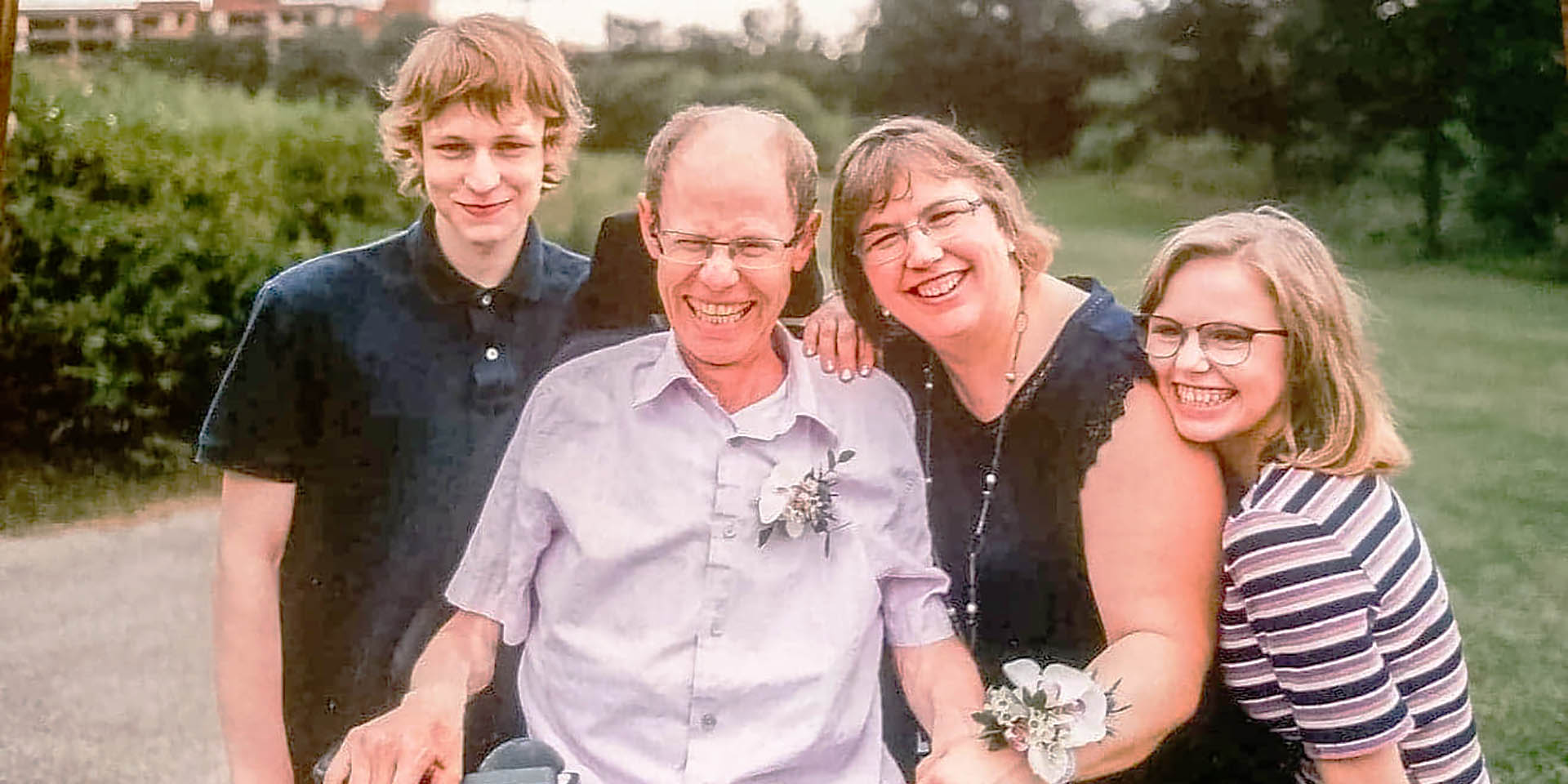
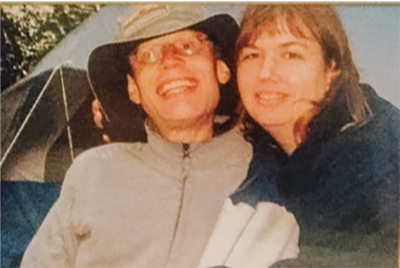 I also have Becker’s Muscular Dystrophy. I wanted to share my story with dedicated donors, like you, because you’re having a profound impact on the lives of so many people affected by neuromuscular disorders – in ways that you may not even realise. And for that you deserve much gratitude and thanks.
I also have Becker’s Muscular Dystrophy. I wanted to share my story with dedicated donors, like you, because you’re having a profound impact on the lives of so many people affected by neuromuscular disorders – in ways that you may not even realise. And for that you deserve much gratitude and thanks.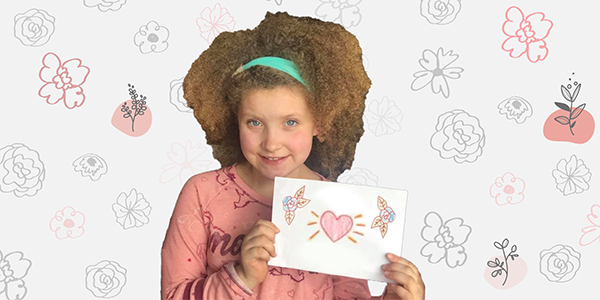
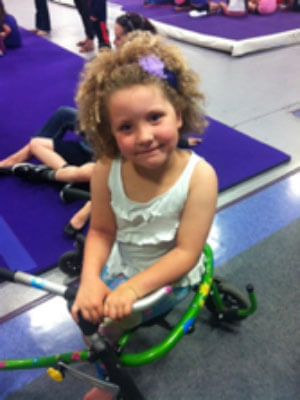 meant. But the doctor told us that my nervous system is slower and doesn’t work as well as other kids’.
meant. But the doctor told us that my nervous system is slower and doesn’t work as well as other kids’.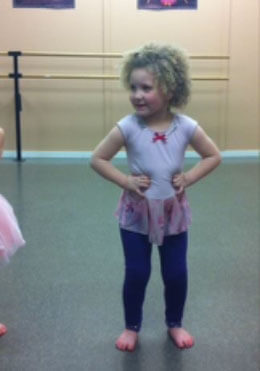 learn how to dance so my mom signed me up for dance classes. She didn’t want to wait because one day I might be in my wheelchair full-time and dance classes would be very different.
learn how to dance so my mom signed me up for dance classes. She didn’t want to wait because one day I might be in my wheelchair full-time and dance classes would be very different. 